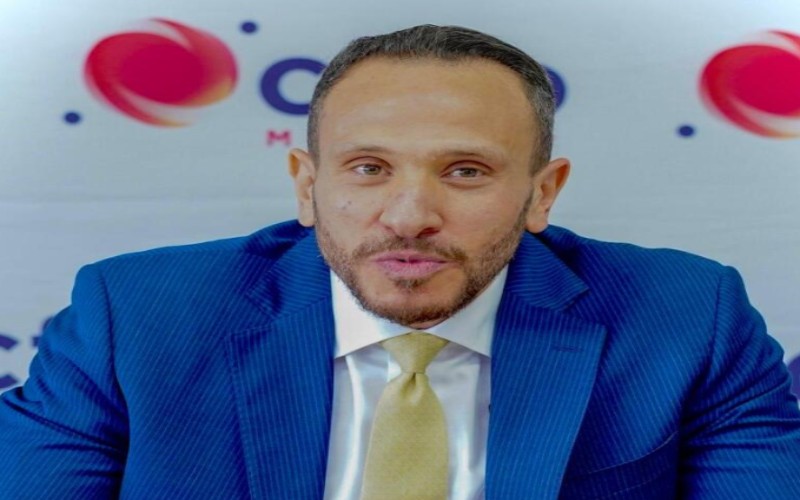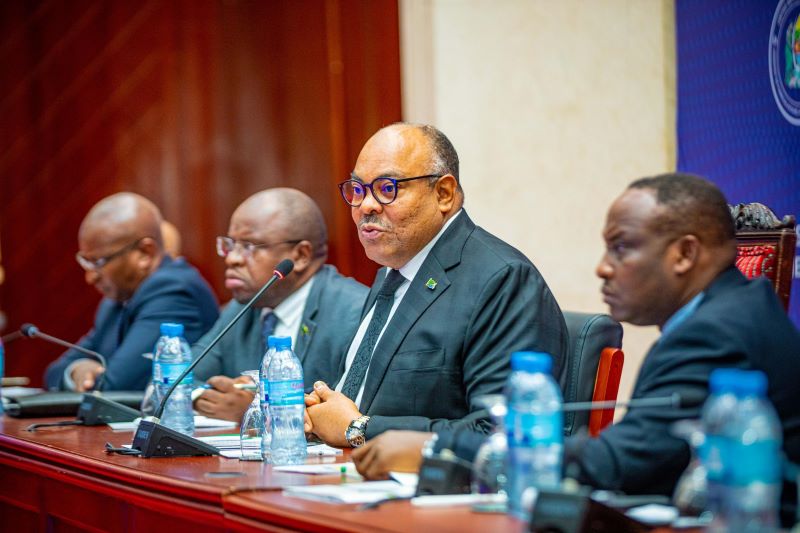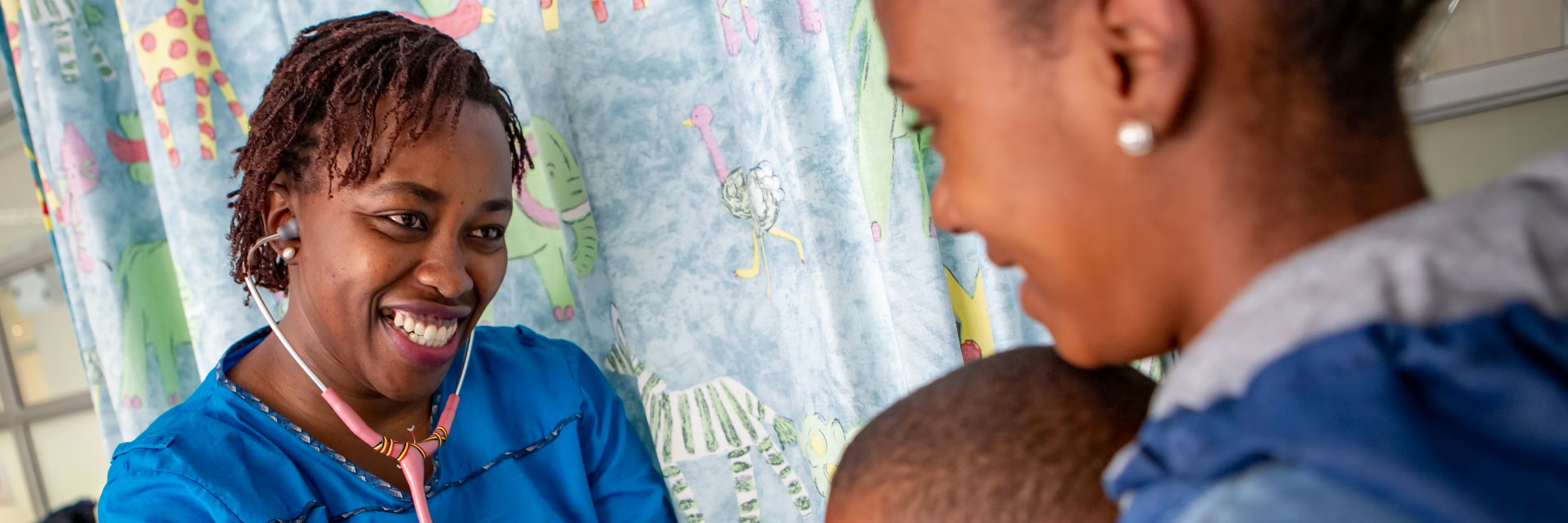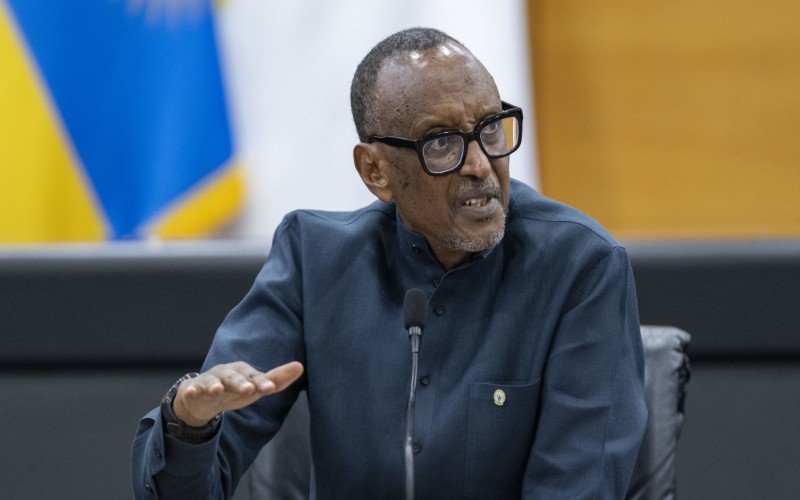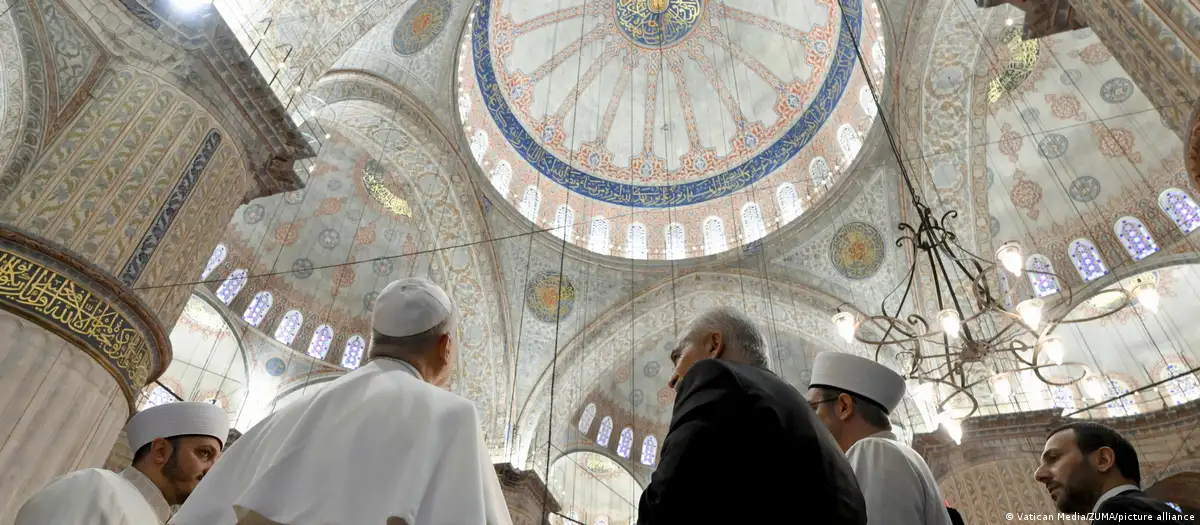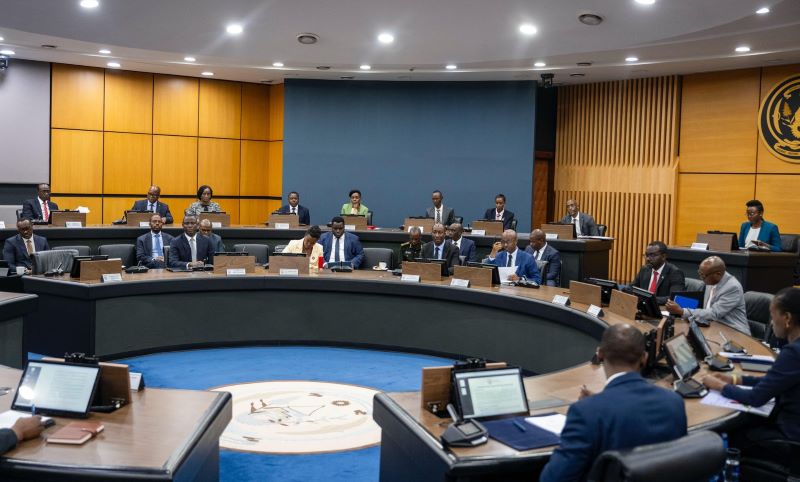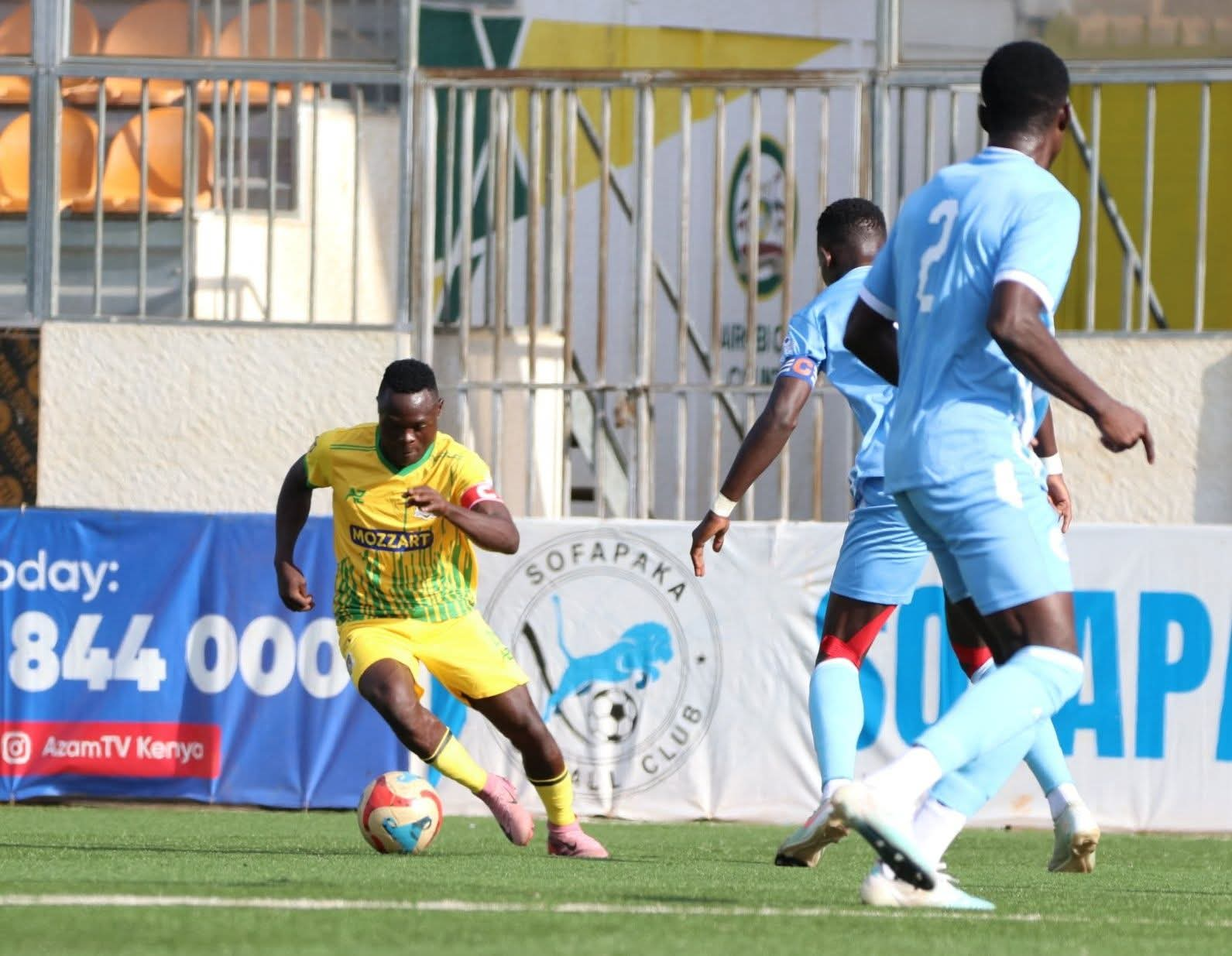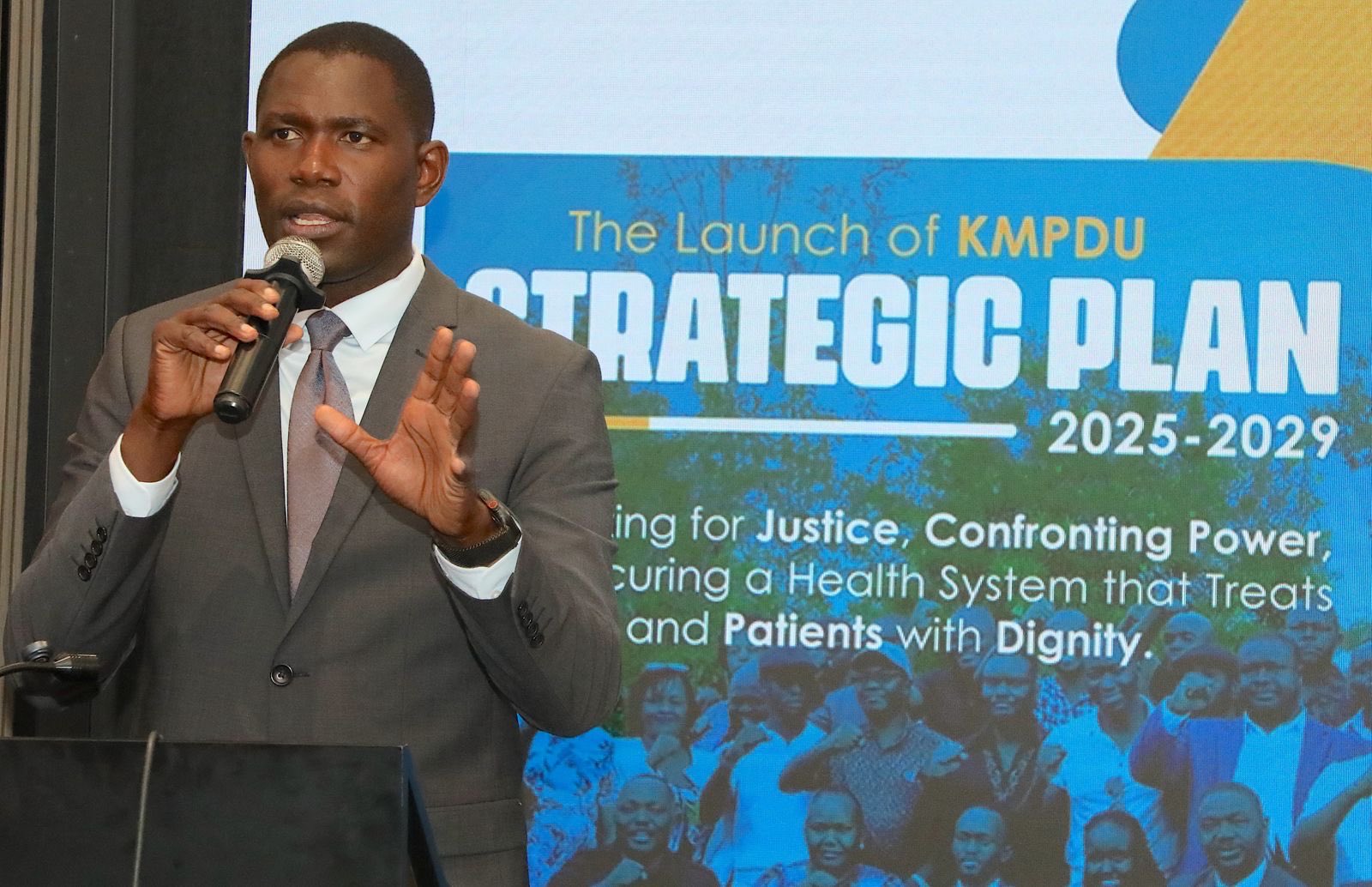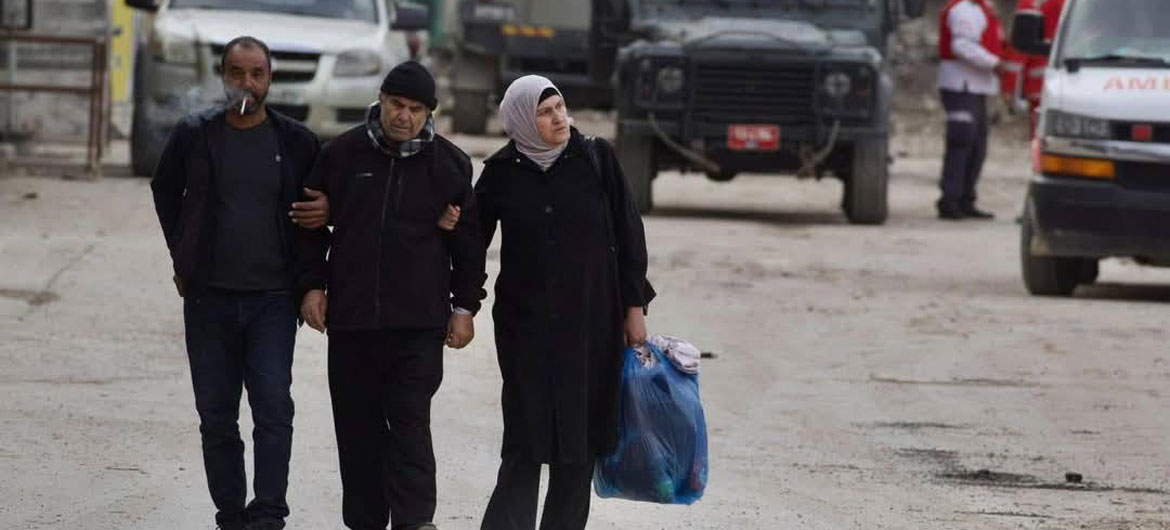President Ramaphosa sets up inquiry into delayed apartheid-era prosecutions
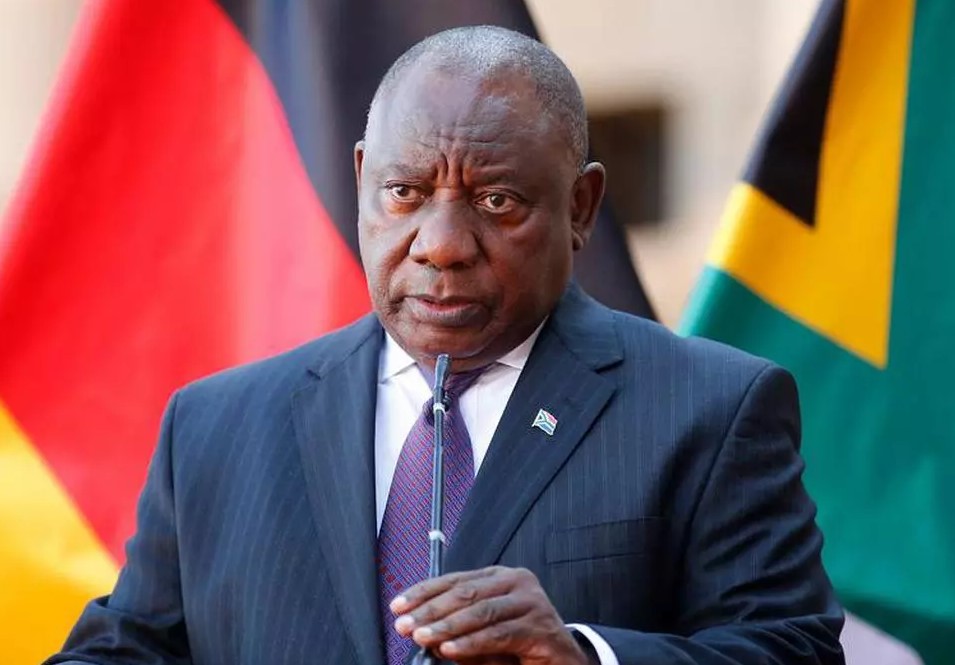
President Ramaphosa’s announcement follows a lawsuit by 25 survivors and families of apartheid victims, who accused successive governments of failing to ensure accountability for crimes uncovered by the TRC, established in 1996.
South African President Cyril Ramaphosa has ordered the establishment of a judicial commission of inquiry to investigate claims of political interference that allegedly delayed or blocked the prosecution of apartheid-era crimes, nearly three decades after South Africa’s transition to democracy.
The apartheid-era crimes include some of the most brutal acts of state violence in South Africa’s history, such as torture, assassination and enforced disappearances, committed between 1948 and 1994.
More To Read
- Zuma’s daughter resigns from Parliament amid claims she sent South African men to fight in Russia-Ukraine war
- Inside the rise of news influencers transforming media in Kenya, Nigeria and South Africa
- Ramaphosa hits back after Trump says South Africa won’t be invited to 2026 G20 summit
- G20: South Africa hosts summit in shadow of US boycott
- US bars Mandela Foundation Chair in latest diplomatic flashpoint with South Africa
- South Africa rejects US plan to send Chargé d’Affaires for G20 handover
Though the Truth and Reconciliation Commission (TRC) identified many of these cases and referred them for prosecution, successive governments failed to act, leaving victims’ families without justice and deepening suspicions of a cover-up at the highest levels of power.
President Ramaphosa’s announcement follows a lawsuit by 25 survivors and families of apartheid victims, who accused successive governments of failing to ensure accountability for crimes uncovered by the TRC, established in 1996.
In a statement on Wednesday, the Presidency acknowledged that “allegations of improper influence in delaying or hindering the investigation and prosecution of apartheid-era crimes have persisted from previous administrations.”
“Through this commission, President Ramaphosa is determined that the facts be established and the matter brought to finality,” the statement read.
The commission, which is a product of settlement discussions in the ongoing high court case, will have broad terms of reference and investigate why dozens of apartheid-era cases referred to the National Prosecuting Authority (NPA) by the TRC never progressed.
The plaintiffs, seeking 167 million rand (approximately Sh1.1 billion), are demanding justice for cases like that of the Cradock Four — Fort Calata, Matthew Goniwe, Sparrow Mkonto, and Sicelo Mhlauli — anti-apartheid activists who were abducted, tortured and murdered by security forces in 1985.
Their deaths became one of the most harrowing symbols of apartheid-era brutality.
Six former police officers confessed to the killings during TRC hearings but were denied amnesty in 1999. None were ever prosecuted, and all have since died.
Critics have long suspected that senior officials in post-apartheid governments, particularly within the ruling African National Congress (ANC), struck backroom deals with apartheid-era authorities to protect key figures from prosecution — claims that the ANC has consistently denied.
Ramaphosa’s administration has faced mounting pressure to address what families describe as “decades of inaction and betrayal.”
“President Ramaphosa appreciates the anguish and frustration of the families of victims, who have fought for so many years for justice,” the Presidency said.
Despite agreeing to the formation of the commission, the families expressed dissatisfaction that it would not have the authority to determine compensation or enforce legal findings.
In a joint statement, the plaintiffs said: “This fundamental shortcoming was pointed out to the president’s legal team, as well as the fact that it will likely result in the issues remaining unresolved for years. This will perpetuate the pain and trauma that the families and survivors have experienced for many years.”
The victims’ families are seeking a declaration that their constitutional rights were violated and that the government acted unlawfully in failing to prosecute the cases. They are also asking the court to compel the state to pay constitutional damages to support further investigations, memorial projects and public education.
Former President Thabo Mbeki and ex-Justice Minister Brigitte Mabandla have both applied to intervene in the court proceedings. Mbeki has consistently denied interfering in prosecutions during his tenure between 1999 and 2008.
The Presidency said it would soon announce the name of the commission chair, the timeline and detailed terms of reference. It also intends to seek a stay of the court proceedings on the constitutional damages pending the outcome of the inquiry.
“A commission of inquiry with broad and comprehensive terms of reference is an opportunity to establish the truth and provide guidance on appropriate remedies,” read the statement.
“The government will be seeking a stay of application on these outstanding matters pending the conclusion and outcomes of the Commission of Inquiry. The Presidency will shortly announce the head of the Commission of Inquiry, the time frames and the full terms of reference.”
Top Stories Today


